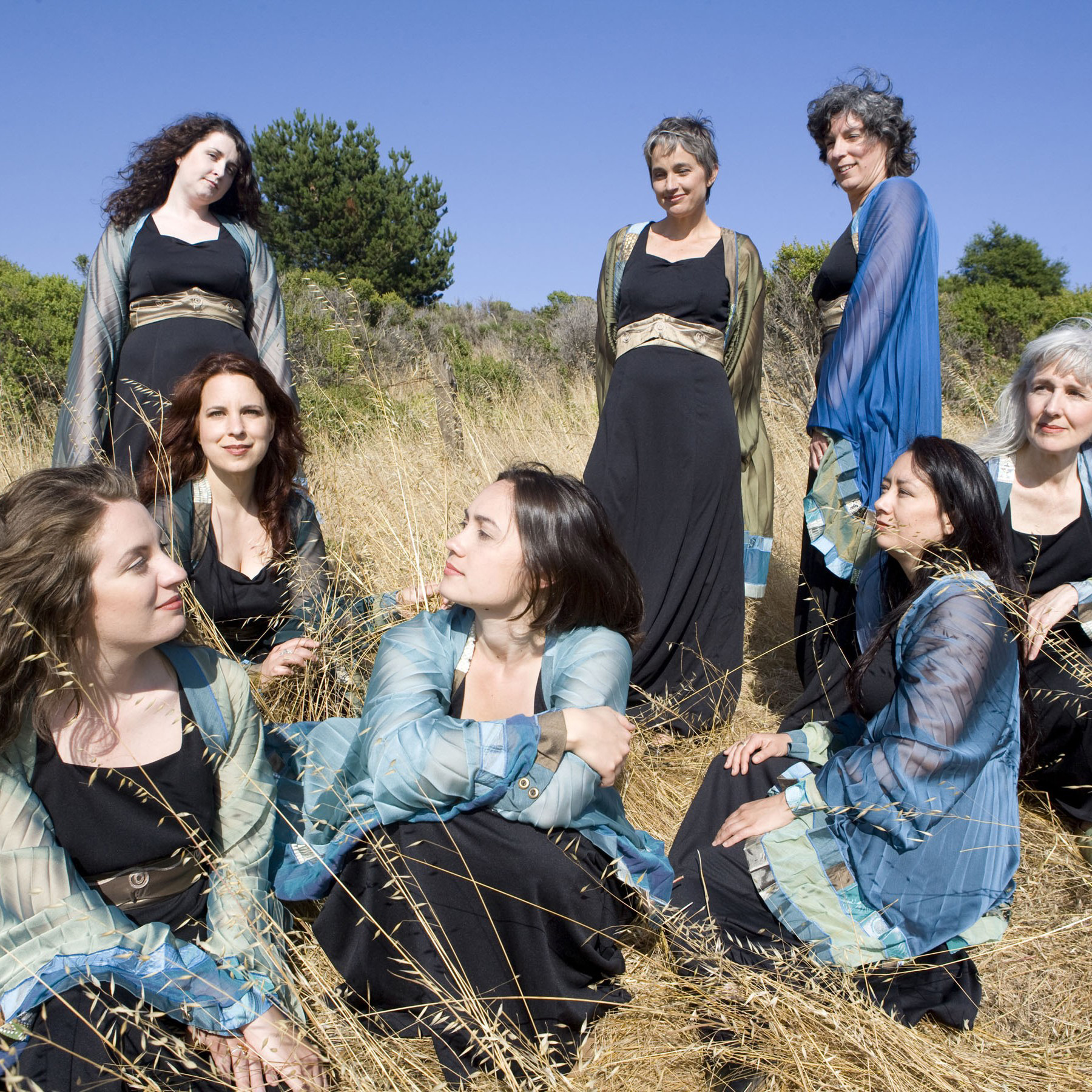Lead artist Maria Poletaeva and the Russian folk art collective Kedry collaborated with Kitka and Tatiana Teodorovich to create an inter-generational outdoor musical ritual based in ancient rural Russian customs associated with the autumn Feast Day of Mokosha. For East Slavs, Mokosha is the goddess of fertility and agricultural bounty whose feast marks the interval between the harvest and the season of winter work.
The project incorporated and drew inspiration from autumnal Russian folk songs, dances, handcrafts, and food traditions. Content was generated through an updated version of the traditional Slavic posidelki (women’s work circle) where songs and stories are passed along while women work with their hands to prepare food or create clothing and handiwork.Culminating performance rituals were presented in fall 2011 at state parks in Santa Clara and Alameda counties and at Sonoma County’s Fort Ross State Historic Park, the site of an 18th Century Russian Settlement.
Maria Poletaeva is an expert in Russian folklore, specializing in traditional ritual, children’s songs, and food ways. Since 2003, she has coordinated many projects with the Kedry folk arts collective. Tatiana Teodorovich is a respected expert on (and maker of) Russian national costumes and traditional dolls, and a contemporary practitioner of Mezen-style painting. Russian House Kedry provides a venue for development and support of linguistic and artistic traditions in households where Russian language is a part of family culture.
Founded in 1979, Kitka is a professional vocal ensemble dedicated to producing concerts, recordings, and educational programs that develop new audiences for music rooted in Eastern European women’s vocal traditions. Kitka also strives to expand the boundaries of this music as an expressive art form.
Photo: Sarah Small

